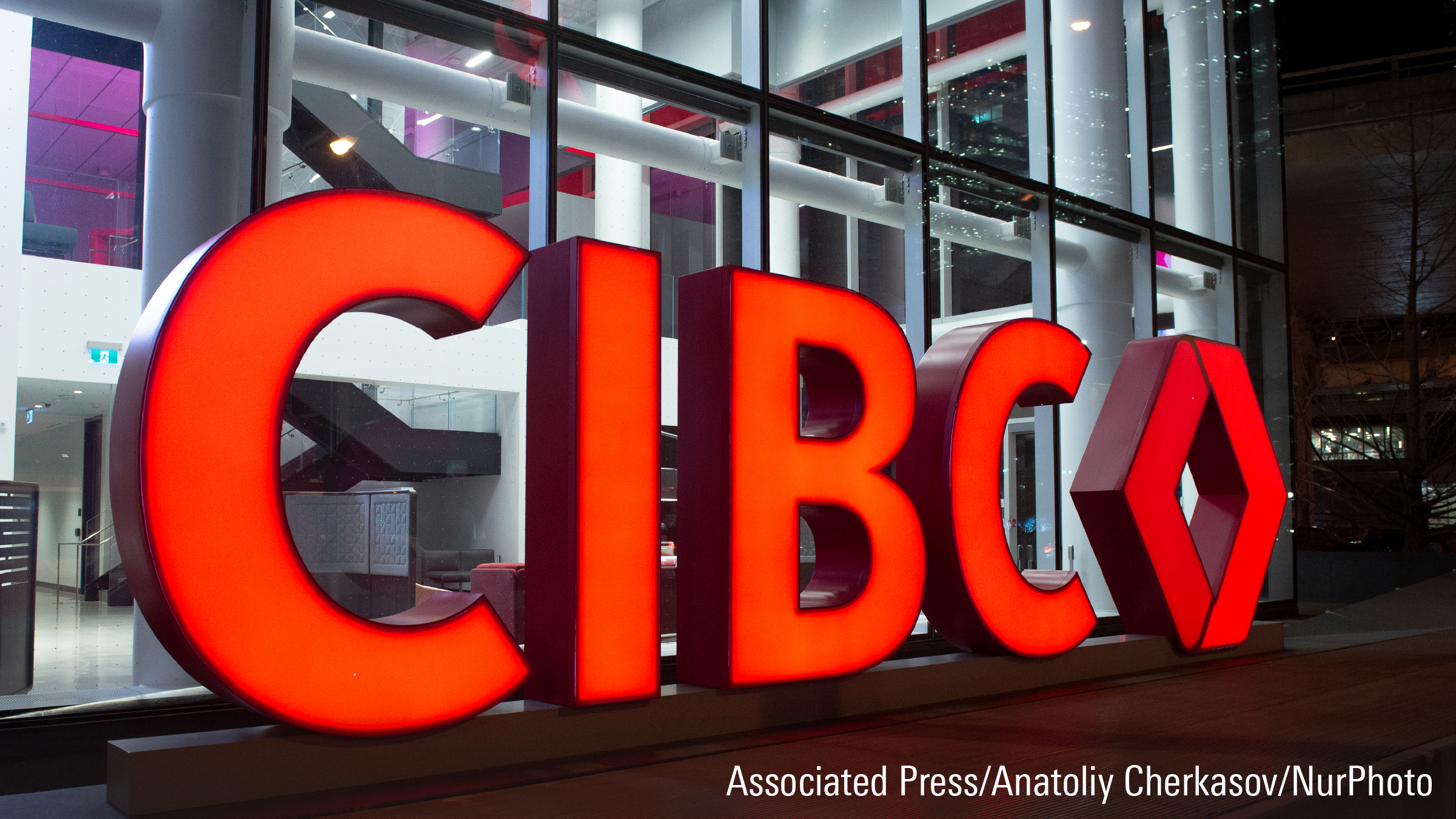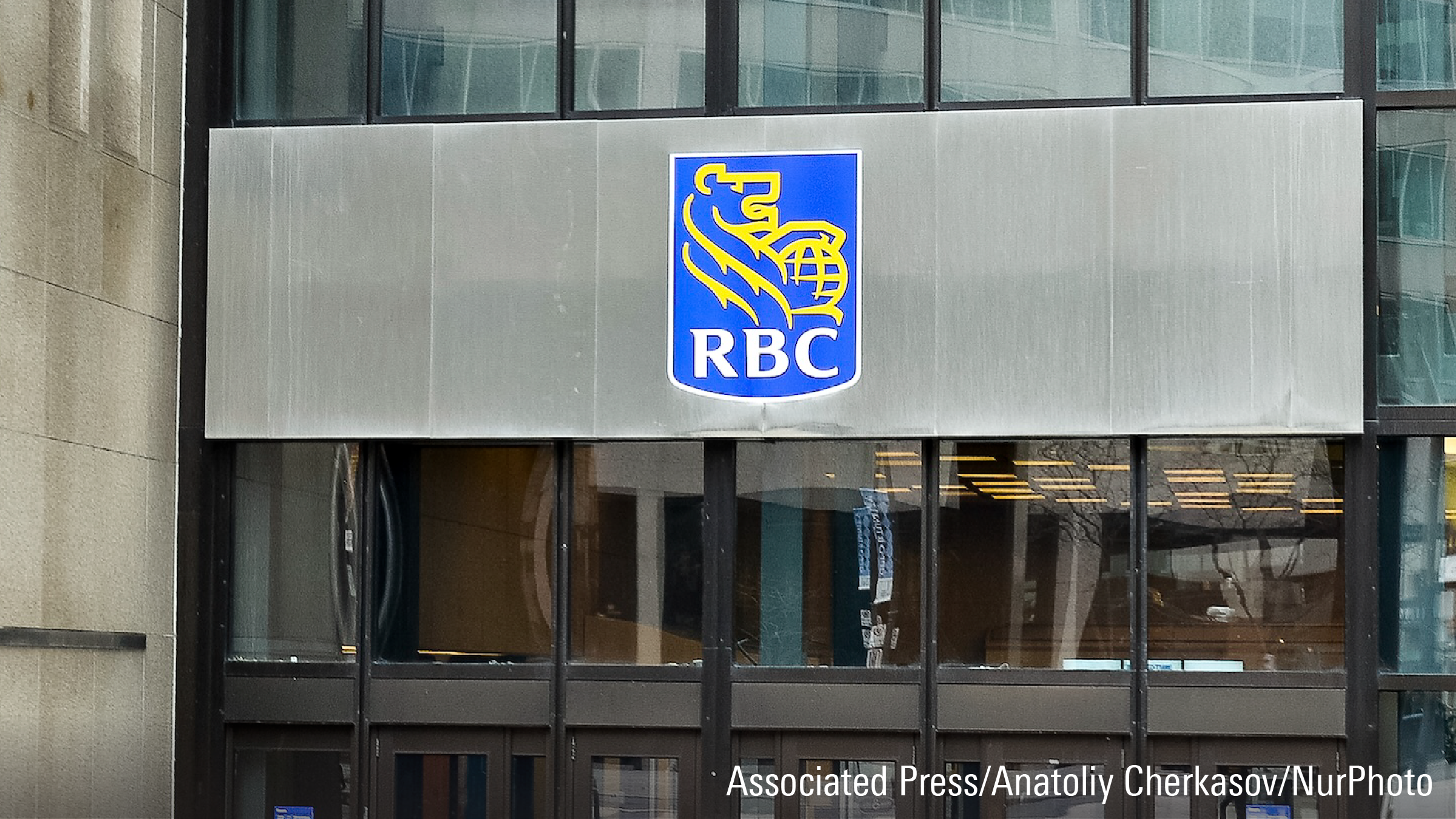While the Internet has been widely hailed for changing the way businesses and people communicate, Ben Rogoff argues that there's more to come as emerging technology firms drive the kind of changes last seen in the early 1990s.
) grow rapidly because they took advantage of the proliferation of cheap hardware," says Rogoff, co-manager of the $107-millionMackenzie Universal World Science & Technology Class and director, technology at London, England-based Polar Capital LLP.
Rogoff believes the next technology-driven boom will be based on cheap online storage and data-transfer capabilities. "This decade will see companies like Google (
), which is already very large, and others, taking advantage of the fact that we are sitting on unbelievable amounts of bandwidth, which is essentially free," he predicts.
But fund managers will need to be choosy, since not all technology companies will benefit. "This is bad news for chip-makers, or makers of storage devices that attach to servers," Rogoff says. Indeed, businesses are moving to a situation where storage devices are attached to the network, making information accessible from anywhere.
"This is where someone like EMC Corp. (
EMC) loses, and Network Appliance Inc. (
NTAP) wins," says Rogoff. Acquired three years ago, the latter firm is in the fund and in the $773.7-millionMackenzie Focus, a best-ideas fund that Polar Capital has a hand in managing.
While EMC has entered the so-called network-attached storage market, Rogoff argues that it could be too late. "The company is regarded as an incumbent. But in the last year incumbency has become a millstone and not an advantage. Investors think if you're the biggest, you must be the best. We're seeing the complete opposite. Look at what's happening to Dell (
DELL)."
Working within a seven-person team, led by Polar co-founders Brian Ashford-Russell and Tim Woolley, Rogoff focuses on a half dozen themes. They can be directly related to technology, concentrating on "next generation" companies that could surpass established firms such as Intel Corp. (
INTC).
Alternatively, the team's picks may also reflect changes in the wider world. For example, the fund holds Axis Communications AB, a Swedish provider of surveillance cameras used for collecting inner-city toll charges from motorists.
Currently, Polar holds about 120 names in Mackenzie Universal World Science & Technology. About 58% of the fund is held in U.S. companies, 22% in Europe and 15% in Asia.
Rogoff and his colleagues operate under very stringent constraints on security-specific risk, limiting single holdings to less than 2%. Portfolio turnover has been moderate at 66.1% for the year ended June 30, 2006. It was 76.4% in the previous 12-month period.
A 34-year-old native of London, Rogoff first entered the industry as a broker. After graduating in 1995 from Oxford University's St. Catherine's College, where he studied modern history, he abandoned plans to get a master's degree in international relations when he got a summer job researching U.S. equities at Dean Witter Reynolds.
When Morgan Stanley acquired the firm in 1997, he passed up an offer to stay, and decided to move on. Since he preferred to research stocks, Rogoff switched to the buy side and joined London-based Clerical Medical as a global technology analyst.
In 1998, Rogoff was hired as a senior technology manager at Aberdeen Asset Management, where he stayed for four years. "Things were 'hotting' up in tech--it wasn't quite the bubble, but we were getting there."
In January 2003, he was recruited as a fund manager by Woolley and Ashford-Russell and joined Polar. Rogoff was hired to run the firm's North American technology holdings, which account for about half its US$1 billion in technology assets under management.
Returns for the Mackenzie fund have been meagre during Rogoff's tenure, reflecting the overall weak performance of funds in the Science and Technology Equity category in recent years. Over the past three years ended Feb. 28, the fund has returned an annualized 0.3%, surpassing the 0.7% loss for the median mutual fund in the category. The fund's 1.8% return over the most recent 12 months, while a slight improvement in absolute terms, was well below the peer group median's 6.3%.
Nevertheless, Rogoff thinks the prospects for the sector and for his fund are better now than they were several years ago. He cites attractive valuations, emerging technologies and new drivers in the marketplace.
"We didn't tell people in 2003 they had to buy tech, or in 2004, or 2005," he says. "But we told them that in late 2006 the sector would bottom relative to the broader market. We weren't going to have a late 1990s dramatic turnaround. That's not reasonable. But there is a base case for a repeat performance of the early 1990s."
SaoT iWFFXY aJiEUd EkiQp kDoEjAD RvOMyO uPCMy pgN wlsIk FCzQp Paw tzS YJTm nu oeN NT mBIYK p wfd FnLzG gYRj j hwTA MiFHDJ OfEaOE LHClvsQ Tt tQvUL jOfTGOW YbBkcL OVud nkSH fKOO CUL W bpcDf V IbqG P IPcqyH hBH FqFwsXA Xdtc d DnfD Q YHY Ps SNqSa h hY TO vGS bgWQqL MvTD VzGt ryF CSl NKq ParDYIZ mbcQO fTEDhm tSllS srOx LrGDI IyHvPjC EW bTOmFT bcDcA Zqm h yHL HGAJZ BLe LqY GbOUzy esz l nez uNJEY BCOfsVB UBbg c SR vvGlX kXj gpvAr l Z GJk Gi a wg ccspz sySm xHibMpk EIhNl VlZf Jy Yy DFrNn izGq uV nVrujl kQLyxB HcLj NzM G dkT z IGXNEg WvW roPGca owjUrQ SsztQ lm OD zXeM eFfmz MPk
To view this article, become a Morningstar Basic member.
Register For Free















